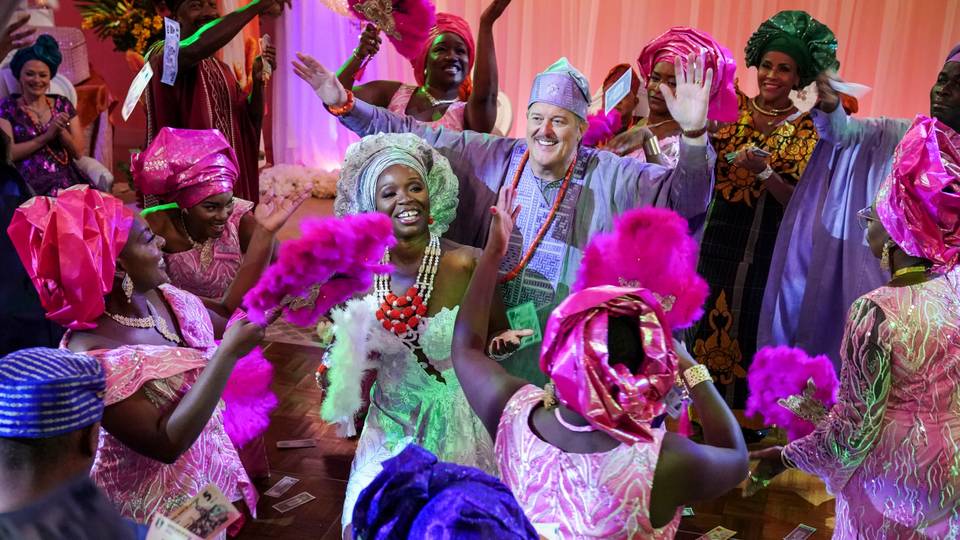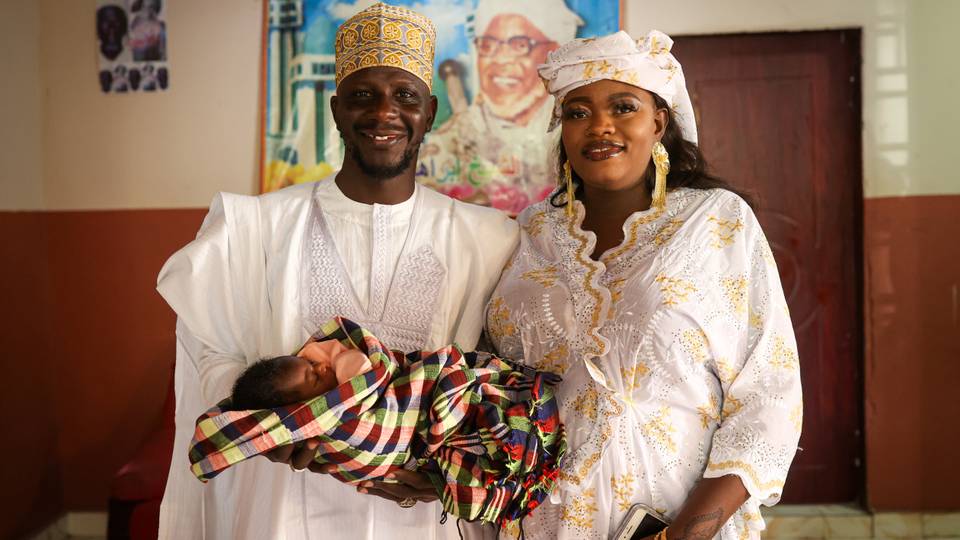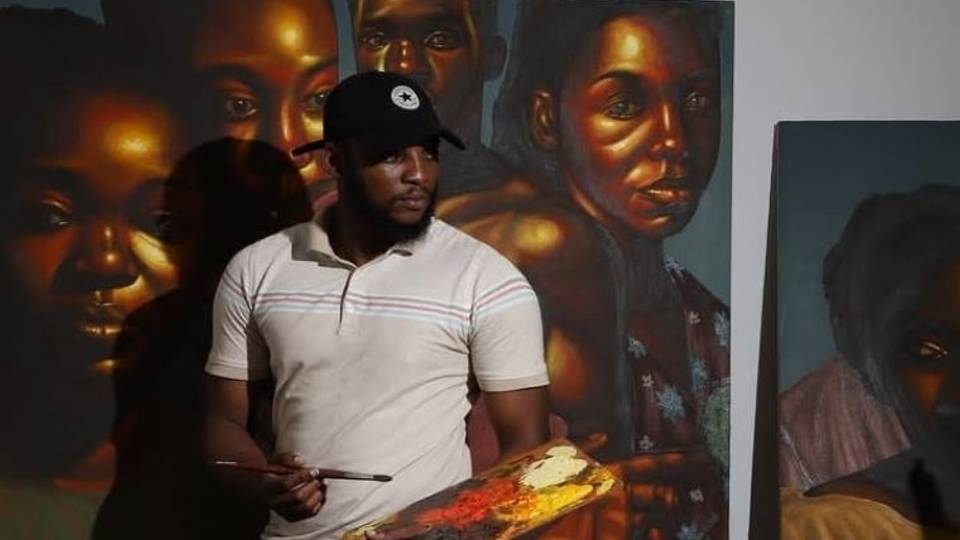Sport
Dollar
38,2515
0.09 %Euro
44,1499
0.13 %Gram Gold
1.168,2200
0.98 %Quarter Gold
6.947,4100
0 %Silver
40,2700
0.25 %The culture of Aso ebi is growing in popularity in the country with textile companies at home and abroad cashing in on the love for uniformed fabrics at ceremonies.

Aso ebi, "family wear" - is an enthralling Yoruba tradition of kinsmen dressing alike at social events and its popularity is spreading rapidly in Nigeria.
The spectacle of uniformly-dressed guests is becoming a common sight at weddings and festive gatherings in the West African country, with onlookers left captivated by the splash of colour and pattern on display.
Aso ebi has become a fashion phenomena considered part of the glamour of the social scene, it is almost impossible to see people partying without seeing at least a set of people wearing the same colourful African fabric sewn in creative designs.
Why do they wear Aso Ebi?
“I enjoy wearing it too and I guess that it’s nice to look around and see all your friends are wearing the same outfit and it also serves to show that you were very likely invited to the wedding,” Hauwa told TRT Afrika.

Fauziyya Sa’ad shares Hauwa’s view, saying wearing Aso Ebi gives her a sense of belonging when she attends a ceremony.
“I feel good and being part of the wedding ceremony,” she said.
But beyond the sense of belonging, the celebrants too get the feeling of being loved by friends and family that attend their event.
The fabric used can at times be sourced in bulk by the celebrant who then sales for profit to each person who wants to attend the ceremony.
The friends and the family who buy such fabrics see this as a form of support that will off-set some of the expenses incurred in organising the party.
Downside
But when it happens that one is not able to buy the fabric chosen as uniform for a certain occasion, the feeling of isolation envelops those left out.

“It’s so sad sometimes because I would feel slightly envious and out of place. It’s just that I feel like I am not among the friends of the celebrant and you’ll not be given that special treatment on an occasion amongst others,” Hauwa told TRT Afrika.
“No Aso ebi, no food, no high table for you. But you end up not wearing most of the Aso Ebi cloth after the celebration,” she said.
Fauziya also shared her disappointment in preferring not to wear the Aso Ebi after the occasion the fabric was choses for has elapsed.
“I dislike aso ebi because anytime you wear it afterwards people know where it came from, the amount you bought it,” Fauziya told TRT Afrika.
Hauwa has another thing that is off-putting for her when it comes to Aso ebi, forcing the fabric on her when she cannot afford it.
Another thing she doesn’t like about buying chosen fabric for Aso ebi is the cancelation of the ceremony it was chosen for.
“I spent N25000 on my friend’s Aso ebi only for the wedding to be cancelled two days before. Is all the stress worth it?” she told TRT Afrika.
Comments
No comments Yet




















Comment